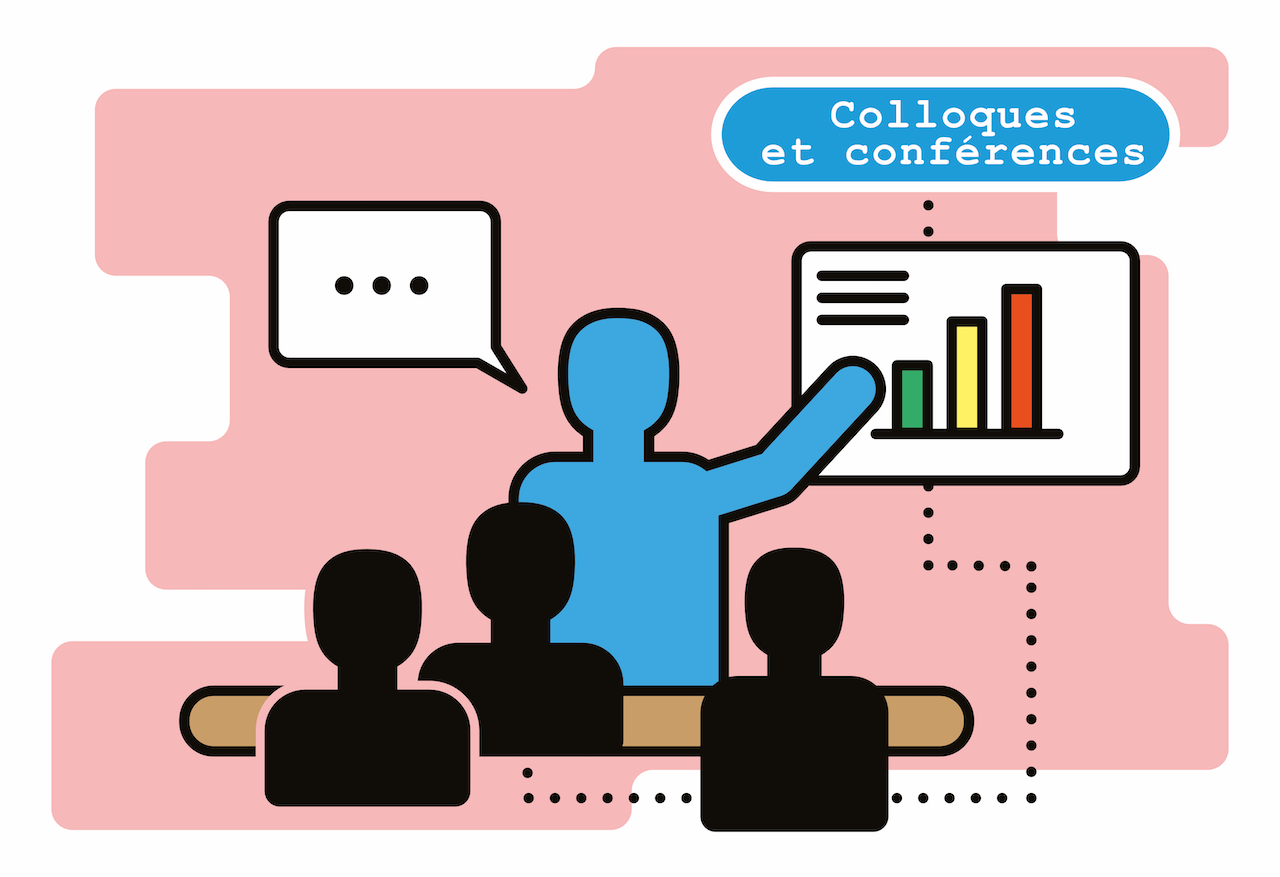Can playing Dungeons and Dragons be good for you? Tabletop role-playing games to mitigate social anxiety and reduce problematic gaming.
Fiche du document
16 octobre 2023
Ce document est lié à :
info:eu-repo/semantics/altIdentifier/doi/10.1556/2006.2023.00800
Ce document est lié à :
info:eu-repo/semantics/altIdentifier/pissn/2062-5871
Ce document est lié à :
info:eu-repo/semantics/altIdentifier/pissn/2063-5303
Ce document est lié à :
info:eu-repo/semantics/altIdentifier/urn/urn:nbn:ch:serval-BIB_05B841EAC3490
info:eu-repo/semantics/openAccess , CC BY-NC 4.0 , https://creativecommons.org/licenses/by-nc/4.0/
Citer ce document
Joël Billieux et al., « Can playing Dungeons and Dragons be good for you? Tabletop role-playing games to mitigate social anxiety and reduce problematic gaming. », Serveur académique Lausannois, ID : 10.1556/2006.2023.00800
Métriques
Partage / Export
Résumé
Gamers with poor self-concept, high social anxiety, and high loneliness are at risk of problematic involvement in massively multiplayer online role-playing games (MMORPGs). There is a research gap concerning treatment approaches to cater to socially anxious MMORPG gamers with problematic patterns of gaming involvement. This study tests the feasibility and initial efficacy of a structured protocol in which socially anxious online gamers are exposed in offline social skills and exposed to real-life social interactions while playing a tabletop role-playing game. Methods: The experiment lasts 10 weeks and involves 10 sessions organized within 3 modules in which participants play the tabletop roleplaying game Dungeons and Dragons. Each module deploys one written role-playing scenario designed to challenge the players in game terms, as well as to involve them in a story based on maturing relationships with other characters and on solving challenges by social means and investigation. Our study uses an experimental single-case design with multiple baselines across groups (4 groups of 5 gamers with problematic MMORPG use and social anxiety) and a 3-month follow-up. Outcomes assessed include social skills, self-esteem, loneliness, assertiveness, and gaming disorder symptoms. Results: Ethical clearance has been obtained. Results are forthcoming as data collection will conclude in July 2023. Results will be available at the time of ICBA2023. Conclusion: Our proof-of-principle study has the potential to provide pilot data that are likely to be used to develop new types of interventions that may be more accessible and engaging for persons having a problematic involvement in MMORPGs.
